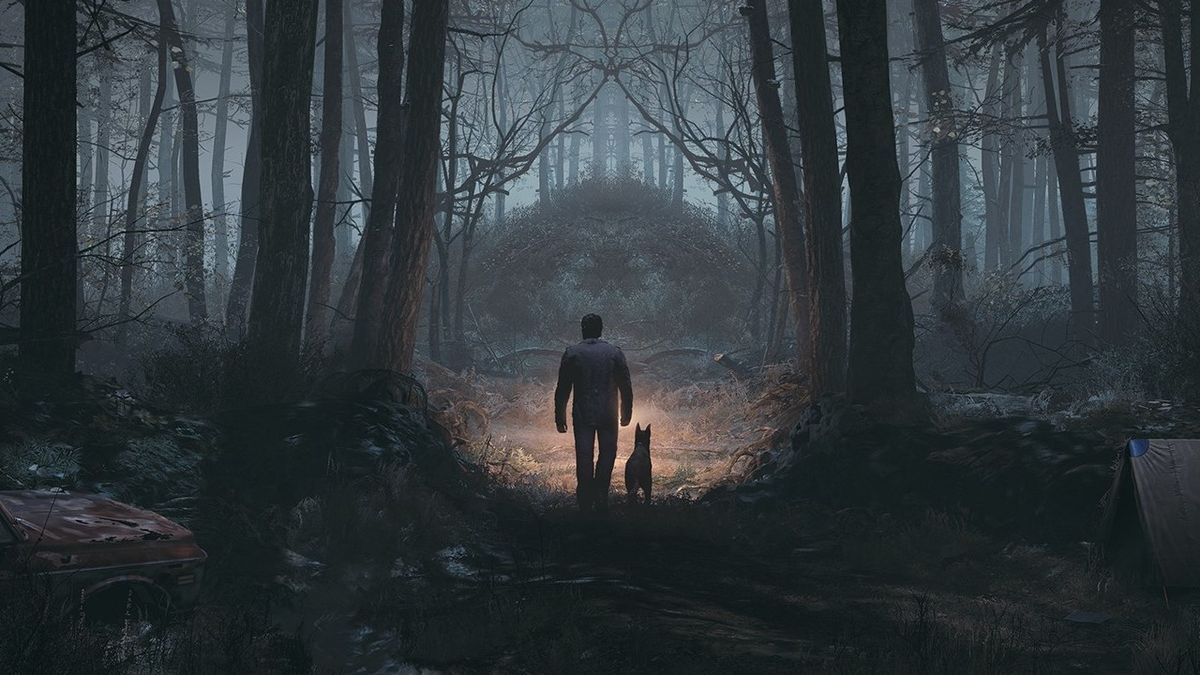Stranger than (pulp) fiction…
“They fuck you up, your mum and Dad…” wrote poet Philip Larkin. But it’s the lesser-known second line, “They may not mean to, but they do…” that hangs heaviest over Crystal Moselle’s extraordinary documentary.
Whichever way you cut it, this is a film about child abuse, even if it’s abuse that stems from concerned mis-parenting rather than cruelty. The six Angulo brothers and their one, silent sister grew up in a Lower East Side NYC apartment they were forbidden from leaving by their delusional father and damaged mother.
Moselle met the brothers – who dress and look the same, like a cult of South American Tarantino super-fans – during one of their rare outings, and was granted hard-to-fathom levels of access to their lives.
Our entry point is the brothers’ hobby: re-enacting favourite films such as Reservoir Dogs so perfectly you get the sense they aren’t playing so much as escaping – ironic given what becomes of the Dogs (spoilers). One brother (they’re very hard to tell apart) copies out every word of Pulp Fiction for their next show: “It makes me feel like I’m living, sort of, because it’s magical, a bit…” he falters.

It’s a striking, if gimmicky, introduction to the brothers’ cloistered world, and a lot of the runtime is spent waiting for Dad or Mum to explain themselves, or at least add some ballast to the film’s sense of shifting unease and unspoken sadness. This never really happens, so instead we’re left with intriguing questions rather than easy answers.
“We were frightened kids, that’s one of the first memories I had,” says one brother. What he’s not telling us, you suspect, could fill volumes. Moselle does manage to show the odd burst of sunlight, such as when the brothers take their first trip to the cinema to see The Fighter, inspiring one to shout: “I play that guy in The Dark Knight!” or an afternoon in the park, which they decide “looks like 3D”.
But despite the faintest of narrative progressions intended to emphasise the healing power of art and the strength of the human spirit, the majority of the film embodies some strange, nameless sinking feeling. “We always saw a bad thing, like it’s not gonna end very well,” begins one brother. “But we couldn’t do anything about it.” What you won’t realise until the credits roll is that – whatever it is – it’s probably already happened.
The Verdict
4
4 out of 5
the wolfpack
A once-in-a-lifetime subject, sensitively brought to the screen, the Angulos’ story makes the strange seem ordinary and the ordinary, insane.
 Game News Video Games Reviews & News
Game News Video Games Reviews & News



